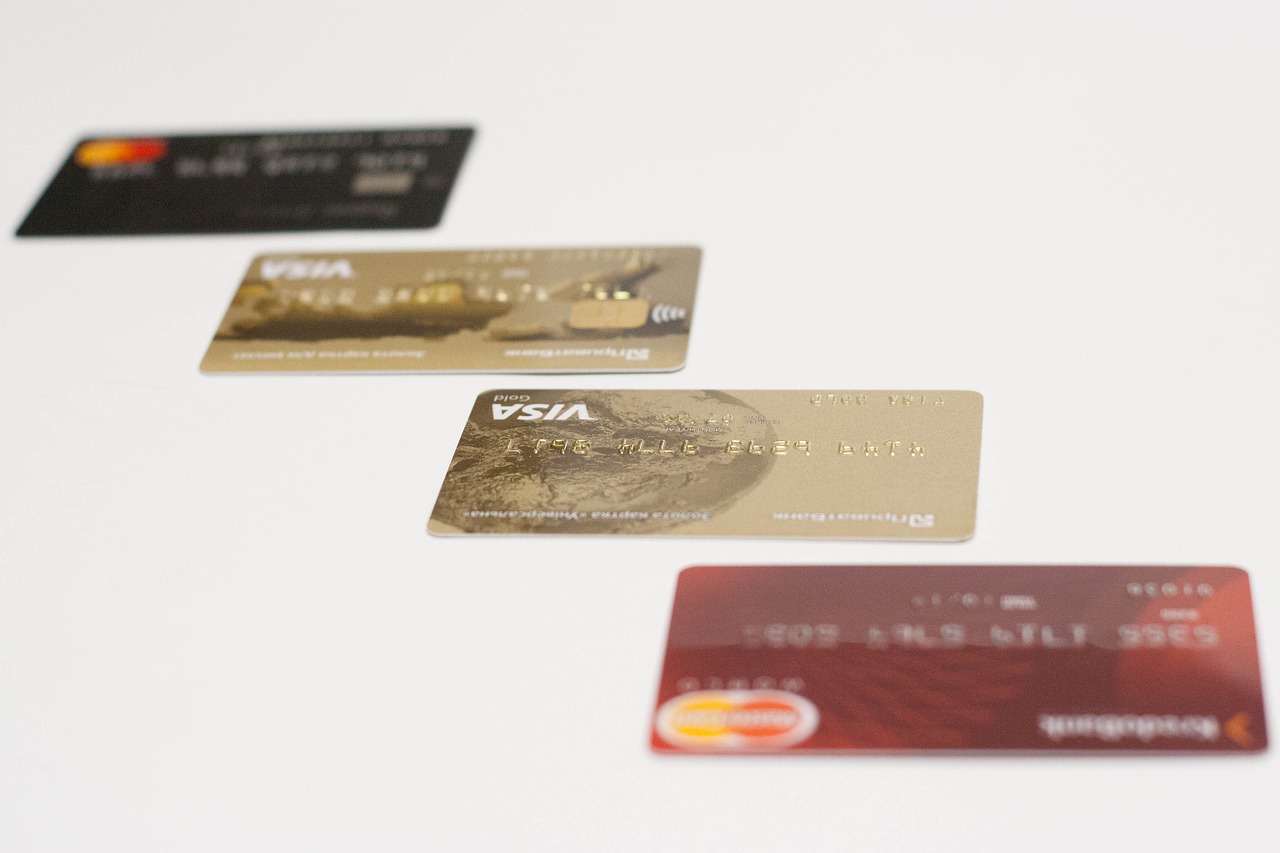With a plethora of credit cards to choose from, it helps to have some sort of criteria for narrowing down the search for the right credit card. Before comparing credit cards, applicants can gain a sense of direction by thinking about how a credit card can satisfy their needs, what sorts of cards are accessible based on their credit score, and how using these cards could impact their finances.
Here are the main factors to consider when it comes time to apply for a credit card.
Eligibility
A great first place for applicants to start is to determine what credit cards they would likely be approved for by checking their credit score. The higher score, the more likely the applicant is to be approved or even pre-approved for a given credit card. Having a lower score doesn’t necessarily mean the applicant won’t be able to get a credit card, but it may limit their options more. When shopping for credit cards, it can help to filter by minimum required credit score.
APR
The annual percentage rate (APR) refers to a percentage that determines how much interest the cardholder pays on their remaining credit card balance. The higher the APR, the more expensive it is to go into debt. That said, comparing APR is less important if the cardholder plans to pay off their statement balance in full every month, which would mean the cardholder would not pay any interest. Making full payments each billing cycle will also help to improve the cardholder’s credit score.
Generally speaking, the most competitive credit cards offer lower APRs, and those who have higher credit scores may be more likely to qualify for these cards. However, there are also credit builder cards designed for people with a poor credit score or little credit history.
Credit card issuers only have to provide credit at their advertised rate to 51% or more of cardholders. That means applicants may receive an APR higher than an advertised.
Fees
It’s not uncommon to see credit cards with fees, including but not limited to annual fees, balance transfer fees, and other fees that are important to be aware of. Fees are not necessarily a good or bad thing, but it’s important to know what triggers them so that applicants can make an informed decision when they’re ready to apply for a credit card.
How to apply for a credit card
Once applicants have found the credit card that works for their budget and lifestyle, they can fill out an application. In most cases, applicants can apply for a credit card online. Many credit card companies have an online prequalification application that can be completed without impacting their credit score. When applying for a credit card, applicants should prepare to provide financial information regarding employment, income, marital status, and debts. So long as applicants do their research and compare the factors mentioned above, they can find the right credit card for their needs.



 Bitcoin
Bitcoin  Ethereum
Ethereum  Tether
Tether  XRP
XRP  Solana
Solana  USDC
USDC  Cardano
Cardano  TRON
TRON  Lido Staked Ether
Lido Staked Ether  Avalanche
Avalanche  Toncoin
Toncoin